Infection and Immunity nieuws
Jun 29: Olaf Cremer new professor of "Clinical epidemiology of sepsis"

Olaf Cremer (intensivist at division Vital Functions) was appointed as professor of "Clinical epidemiology of sepsis" on July 1, 2020. The chair falls within the UMC Utrecht strategic program Infection & Immunity.
Read moreJun 18: Differentiating between orbital inflammation and lymphoma
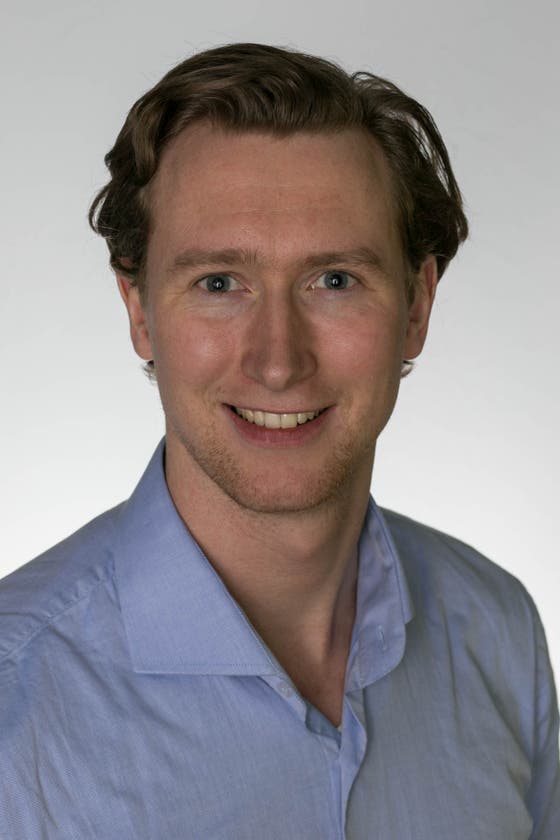
A clinical model composed of five variables was able to distinguish between lymphoma and orbital inflammation in patients presenting with an orbital mass lesion. In addition, using a systems medicine approach, molecular characterization of the immune system was found to have potential to complement conventional diagnostics and may result in the development of powerful diagnostic tools that are less invasive. These were the main findings by Kamil Laban in his PhD research, performed at UMC Utrecht.
Read moreJun 10: Dutch study into anti-malarial drug against COVID-19 discontinued
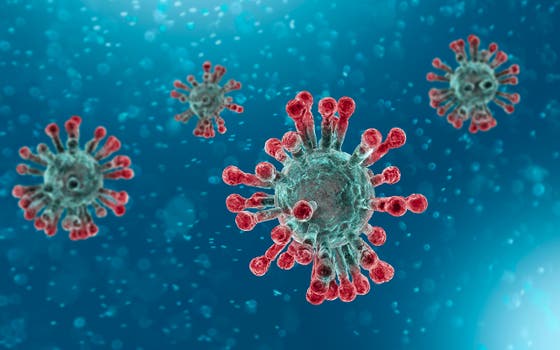
In the Netherlands a study into the effect of chloroquine and hydroxychloroquine (HCQ) on patients with a COVID-19 infection has been discontinued. These old anti-malarials could have an inhibitory effect on the complaints of patients with COVID-19. However, the initial results show no effect in European studies or in the Dutch study. In addition, there are fewer and fewer hospital admissions of patients with COVID-19. That is why the participating Dutch centers decided to prematurely discontinue the study. The study was funded by ZonMW.
Read moreMay 27: Europe is preparing for COVID-19 vaccinations

As soon as vaccination against COVID-19 on a large scale is available, one should be able to monitor the efficacy and possible side effects of the various vaccines, says Miriam Sturkenboom. She is one of the Utrecht project leaders within the ACCESS project who, together with many scientists, have to ensure that Europe is prepared for this in good time.
Read moreMay 15: Detecting contacts COVID-19 patient only makes sense with faster testing
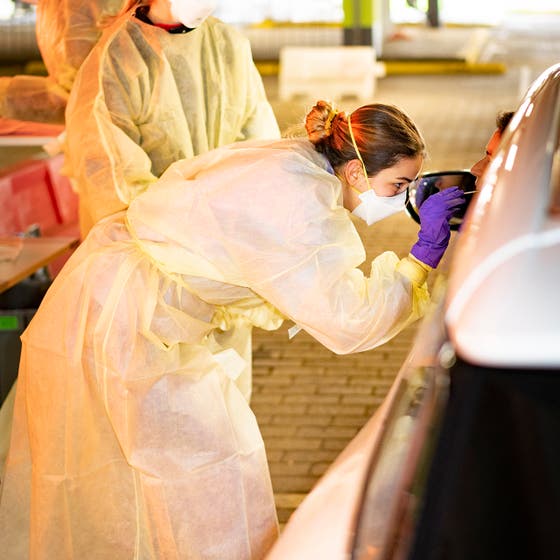
Detecting contacts of people infected with the new corona virus (SARS-CoV-2) makes no sense if there is too much lag time between infection and testing. Research at UMC Utrecht shows that current the lag time is too long. Therefore, microbiologist Marc Bonten argues that everyone should be able to easily access a test location.
Read moreMay 13: Signaling COVID-19 with a bracelet
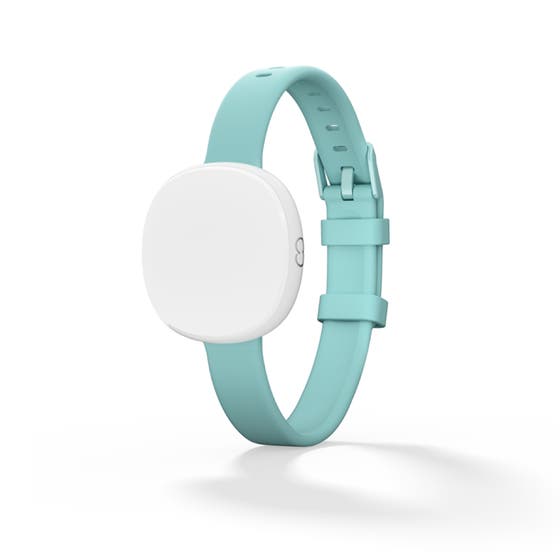
A bracelet that continuously measures your temperature and breathing and thus may detect any symptoms of COVID-19 at an early stage. To that end, Rick Grobbee, professor of clinical epidemiology at UMC Utrecht and his team, will test an existing wearable among 40,000 people. For this he has received a grant of € 10 million from the European Innovative Medicines Initiative (IMI).
Read moreMay 4: Six million euros for international BCG research against COVID-19 among 10,000 healthcare workers
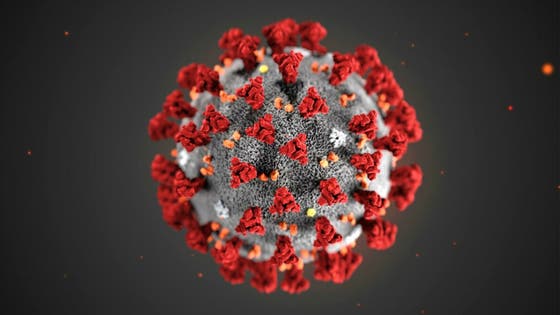
An investigation in Australia into the possible protection of the BCG vaccine against COVID-19 will be further expanded in the coming weeks thanks to a grant of € 6 million from the Bill & Melinda Gates Foundation. With this grant, the research will be extended to the Netherlands and Spain. In the Netherlands, Radboudumc and University Medical Center (UMC) Utrecht will coordinate the research, in which 4,000 healthcare workers can participate in 13 locations.
Read moreApr 29: How does COVID-19 spread within the family?
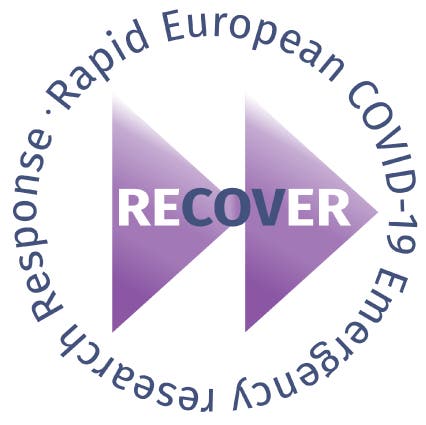
What if one of your family members is infected with the COVID-19 virus? Do you have to take all kinds of measures to avoid contact with him or her, or does that not really matter? Patricia Bruijning, associate professor of epidemiology at UMC Utrecht, investigates how the coronavirus spreads within the family. She and her team are still looking for families who want to participate.
Read moreApr 7: Good predictive models for COVID-19 are urgently needed
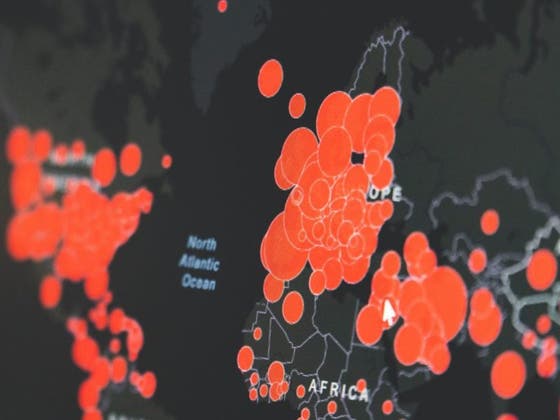
Prediction models for COVID-19 are under development worldwide: which people are especially at risk, which patients with complaints have it, and which characteristics and test results determine the course of the disease? A study of 31 models underlines the need to share more data. "Most predictive models are not yet reliable enough to base medical decisions upon."
Read moreMar 30: How does the immunological memory work?
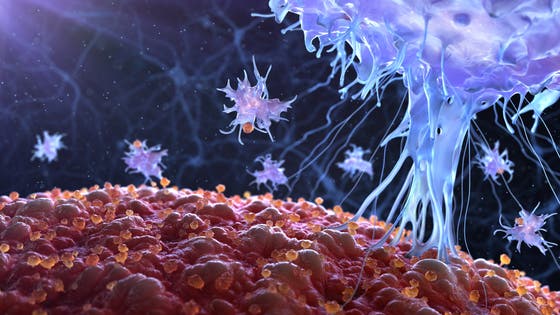
Much is known about immune cells in blood today. But that does not apply to immune cells in tissues, such as the bone marrow, intestines or skin. UMC Utrecht researcher Dr. José Borghans investigates how immunological memory in the tissues is preserved. In February she was awarded a Vici grant of € 1.5 million for this research.
Read more